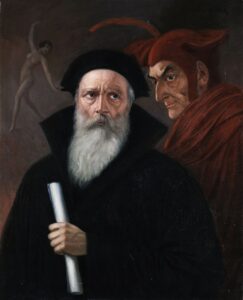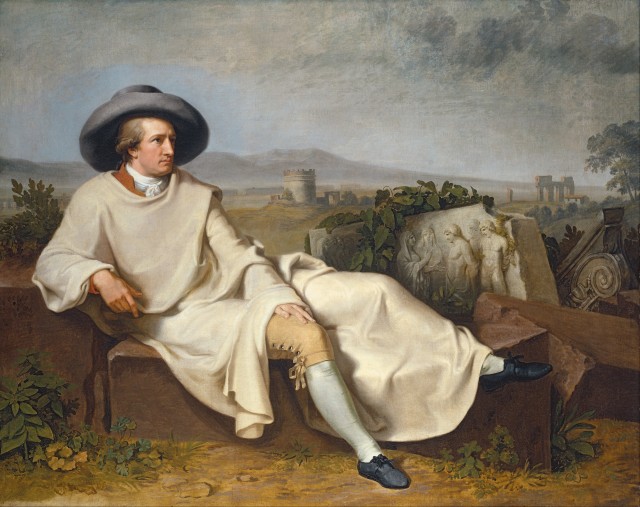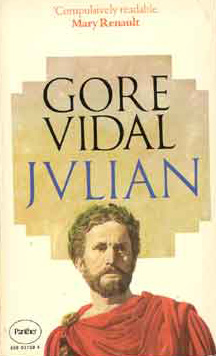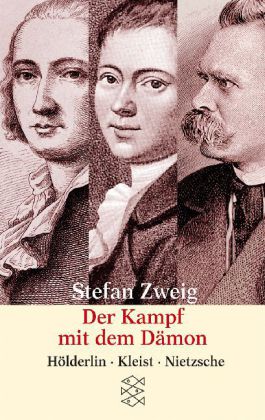At this point, Rudolf Lange, an SS officer of the rank of Major (SS Sturmbannführer), complained to Heydrich that uniformed Germans treated them like scum ‘just because our work disturbs their peace of mind. They… gripe about our “barbarity” and “sadism”. They say that it is unworthy of the Germany of Kant and Goethe, that my men lust after executions!’
Heydrich simply replied to let them speak: that these uniformed non-SS guys belonged to the old German regime and weren’t accustomed to the new paradigm of morality. Although his response to Rudolf Lange was practical, as one would expect from SS bureaucrats, I would like to respond in greater depth that the SS ‘was unworthy of the Germany of Kant and Goethe’.
As we saw on page 30 of Crusade against the Cross, in a posthumous fragment from 1873 Nietzsche wrote: ‘The cultiphilistine ignores what culture-unity of style is. He agrees that there are classics (Schiller, Goethe, Lessing) and forgets that they wanted a culture, but that they are not a foundation on which to rest’.
As they say in America, bingo!
But what is a foundation on which to rest?
If there is one thing I like about Hans F. K. Günther’s 1927 The Racial Elements of European History, it is that Günther consistently credits Joseph Arthur, Count de Gobineau, as the pioneer of racial studies. I dare to say that true wisdom didn’t begin with the Greco-Roman philosophers, much less with the theologians and what I call secular neotheologians. True wisdom began with the Count of Gobineau.
Just as we were taught in school to despise the ‘pre-Socratics’ and to regard Plato and Aristotle as the cornerstone of Western wisdom, we must now begin to see the cornerstone from a very different angle: Gobineau’s Essai sur l’inégalité des races humaines.
We have already said on this site that Kant was the neotheologian par excellence; of whom Nietzsche said in a passage quoted in Crusade against the Cross: ‘That the Germans have been able to stand their philosophers at all, especially that most deformed concept-cripple of all time, the great Kant, provides not a bad notion of German grace’.
 As for Goethe, educated like Kant and Nietzsche in Lutheranism, he is said to have been a pantheist. But Faust, Goethe’s most famous work and regarded as one of the great pieces of world literature, is neotheological in the sense that the drama plays with the idea of selling one’s soul to the devil. Like Kant and Nietzsche himself, Goethe never fully emancipated himself from the Christian legacy.
As for Goethe, educated like Kant and Nietzsche in Lutheranism, he is said to have been a pantheist. But Faust, Goethe’s most famous work and regarded as one of the great pieces of world literature, is neotheological in the sense that the drama plays with the idea of selling one’s soul to the devil. Like Kant and Nietzsche himself, Goethe never fully emancipated himself from the Christian legacy.
So fuck Kant and Goethe! The wisdom of the West begins with Gobineau (1816-1882) and would culminate in the movement that Hitler created, whose SS men finally transvalued the values that, for purposes of social control, had been inverted since the House of Constantine came to power.
It is a pity that the vast majority of racialists of our century haven’t yet realised what Heydrich, a true priest of sacred words, realised.




